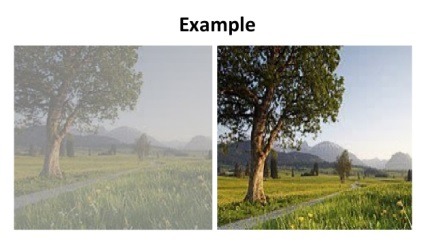Brain training can work when properly targeted…as in this new vision study
April 10, 2015//Comments Off on Brain training can work when properly targeted…as in this new vision study
Focusing the brain on better vision (The New York Times):
“As adults age, vision deteriorates. One common type of decline is in contrast sensitivity, the ability to distinguish gradations of light to dark, making it possible to discern where one object ends and another begins.
But new research suggests that contrast sensitivity can be improved with brain-training exercises…”
Study: Improving Vision Among Older Adults Behavioral Training to Improve Sight (Psychological Science)
- Abstract: A major problem for the rapidly growing population of older adults (age 65 and over) is age-related declines in vision, which have been associated with increased risk of falls and vehicle crashes. Research suggests that this increased risk is associated with declines in contrast sensitivity and visual acuity. We examined whether a perceptual-learning task could be used to improve age-related declines in contrast sensitivity. Older and younger adults were trained over 7 days using a forced-choice orientation-discrimination task with stimuli that varied in contrast with multiple levels of additive noise. Older adults performed as well after training as did college-age younger adults prior to training. Improvements transferred to performance for an untrained stimulus orientation and were not associated with changes in retinal illuminance. Improvements in far acuity in younger adults and in near acuity in older adults were also found. These findings indicate that behavioral interventions can greatly improve visual performance for older adults.
Learn more:
About SharpBrains
SHARPBRAINS is an independent think-tank and consulting firm providing services at the frontier of applied neuroscience, health, leadership and innovation.
SHARPBRAINS es un think-tank y consultoría independiente proporcionando servicios para la neurociencia aplicada, salud, liderazgo e innovación.



